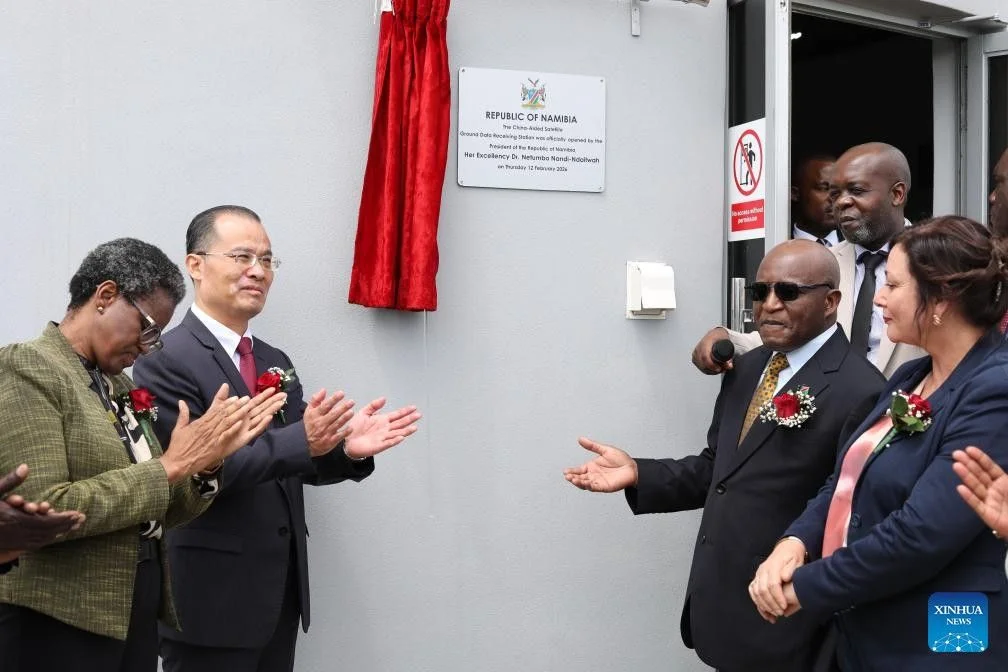In the latest 2024 E-Government Development Index (EGDI) released by the United Nations Department of Economic and Social Affairs, six African countries have been recognized among the top 100 globally. This index evaluates the capacity of 193 governments to utilize information technologies to enhance public service efficiency.
Leading the pack on the continent is South Africa, positioned 40th globally with an EGDI score of 0.8616. This high ranking is supported by its impressive scores in online services (0.8872) and telecommunications infrastructure (0.8951).
Following South Africa, Mauritius ranks 76th, with Tunisia not far behind at 87th. Tunisia’s composite score of 0.6935 includes marks for online services (0.5951), human skills (0.6497), and infrastructure (0.6935). Morocco, Seychelles, and Egypt also made the list, ranking 90th, 92nd, and 95th, respectively.
Globally, Denmark leads the index, with Estonia and Singapore rounding out the top three, scoring 0.9954 and 0.9362, respectively. In contrast, the lowest rankings are predominantly occupied by sub-Saharan African countries, with the Central African Republic at the very bottom in 193rd place, followed closely by South Sudan, Somalia, and Eritrea.
The EGDI is based on three pillars: Human Capital (HCI), Telecommunications Infrastructure (TII), and Online Services (OSI), each encompassing several critical aspects of e-governance. This thorough assessment places countries on a scale from 0 to 1, where a higher score indicates better e-governance capabilities.















